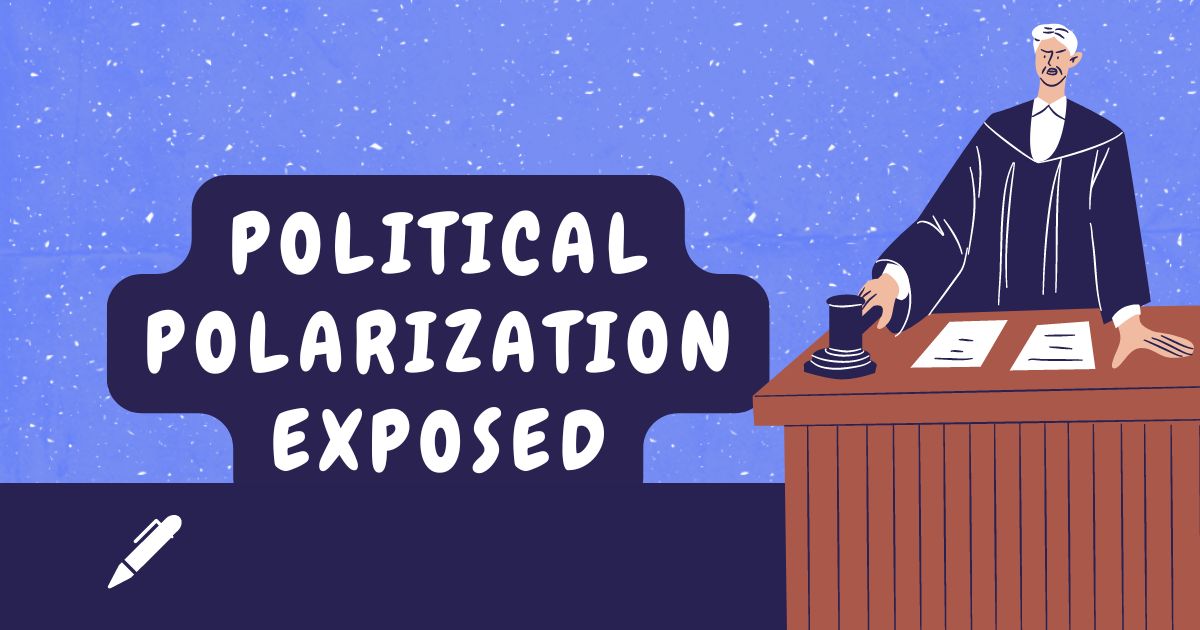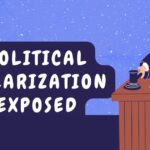Political polarization has come to be one of the defining functions of cutting-edge politics, especially in democracies just like the United States. This article delves deep into the startling realities of political polarization, exposing the complexities and implications it has for society. With six compelling points, we aim to illuminate the nuances of this phenomenon, while ensuring that the content material remains on hand and attractive for all readers.
Introduction
In recent years, the term “political polarization” has grow to be more and more commonplace in discussions approximately governance and societal dynamics. But what does it clearly suggest? Why is it crucial? This article, titled “Political Polarization Exposed: 6 Startling Realities That Will Leave You Speechless!”, objectives to dissect those questions and offer insights into how polarization influences our each day lives.
1. Understanding Political Polarization
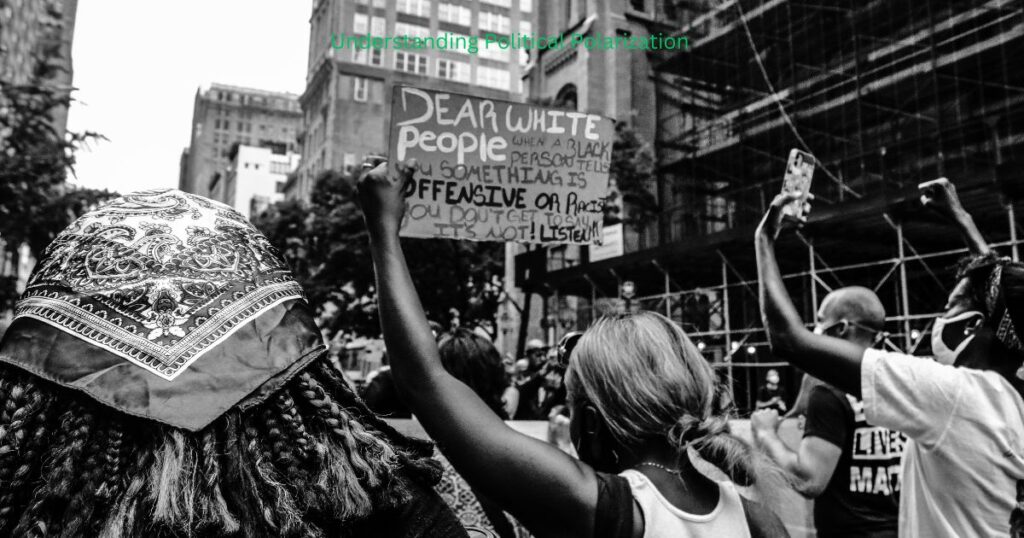
What is Political Polarization?
Political polarization refers to the growing divide among specific political ideologies and events. In simple phrases, it approach that people are an increasing number of maintaining intense perspectives and becoming much less tolerant of differing opinions. This divide may be seen in the whole thing from voting patterns to social interactions.
Key Indicators of Polarization
- Voter Alignment: A developing number of voters are aligning themselves strictly with one political birthday party.
- Diminished Cross-Party Interactions: People are much less probably to have interaction with or recognize individuals who hold opposing views.
- Echo Chambers: Social media and news resources often strengthen current ideals instead of project the
2. The Rise of Extreme Partisanship
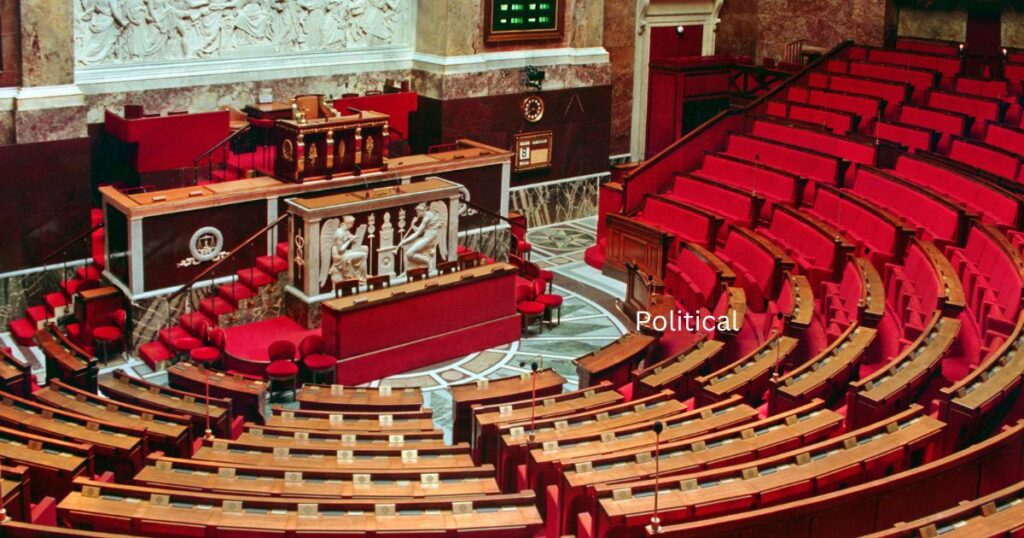
Historical Context
Political polarization is not a brand new phenomenon; however, its depth has escalated dramatically in current many years. The as soon as commonplace exercise of bipartisan collaboration has considerably declined.
Consequences of Extreme Partisanship
- Reduced Cooperation: Lawmakers are much less probable to work collectively, main to gridlock in governance.
- Increased Hostility: There is a growing animosity among party contributors, affecting each public and personal interactions.
3. The Role of Social Media
A Double-Edged Sword
Social media structures have each exacerbated and highlighted the difficulty of political polarization. While they provide spaces for dialogue and information sharing, in addition they create echo chambers wherein like-minded people enhance every different’s perspectives.
Key Features of Social Media’s Impact
- Algorithmic Filtering: Users are often proven content that aligns with their ideals, deepening their current perspectives.
- Misinformation Spread: False records can spread swiftly, main to misconceptions and heightened tensions.
4. Effects on Public Discourse
Deterioration of Civil Discourse
As polarization will increase, the great of public discourse declines. People are less inclined to have interaction in constructive debates, opting as an alternative for confrontational rhetoric.
Examples of Impact
- Political Rallies: Events frequently characteristic extra excessive audio system and messages, pushing mild voices to the sidelines.
- Online Interactions: Social media exchanges frequently devolve into non-public attacks as opposed to sizeable discussions.
-
5. Impacts on Governance
Gridlock in Decision-Making
Political polarization has led to a large increase in legislative gridlock. With parties unwilling to compromise, many crucial troubles continue to be unresolved.
Long-Term Consequences
- Policy Stagnation: Vital rules that would cope with pressing issues regularly stall in Congress.
- Public Disillusionment: Citizens end up frustrated with their authorities, leading to reduced voter turnout and civic engagement
-
6. The Influence of Identity Politic
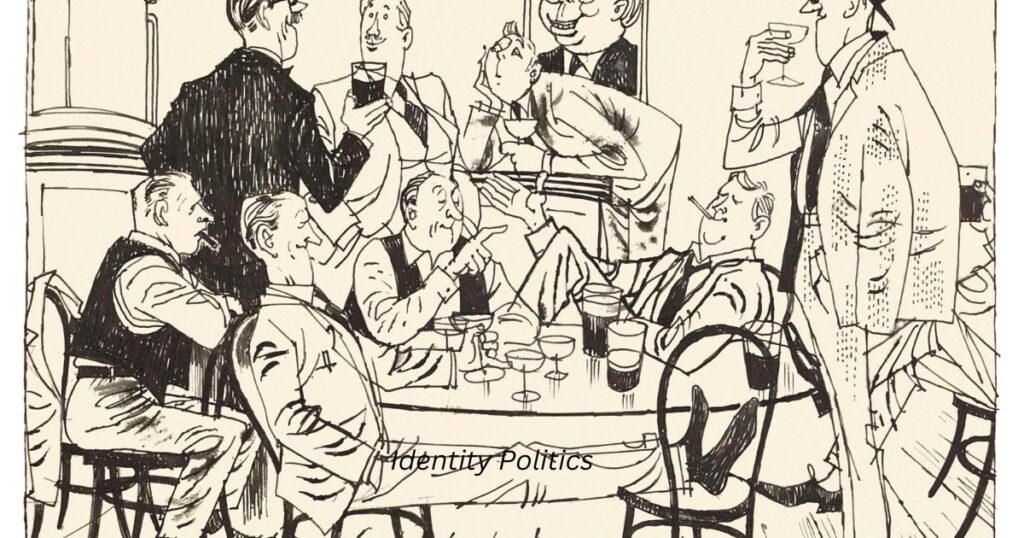
Definition of Identity PoliticsIdentity politics refers to political positions based totally at the pursuits and views of social groups with which humans become aware of. This can frequently heighten divisions as humans prioritize their organization identification over broader societal troubles.Impacts of Identity Politics
- Increased Division: People can also view others totally via the lens of their political identity, leading to a loss of empathy.
- Resistance to Change: Individuals are often resistant to new ideas or policies that threaten their identity group’s interests.
Key Takeaways
- Understanding Political Polarization: It’s essential to understand the phenomenon and its implications for society.
- Rise of Extreme Partisanship: The divide is not simply ideological; it influences how we interact and cooperate.
- Role of Social Media: Social media plays a full-size role in exacerbating polarization thru algorithms and misinformation.
- Public Discourse Decline: The pleasant of discussions is suffering as polarization increases.
- Governance Challenges: Political polarization ends in gridlock and disillusionment amongst citizens.
- Identity Politics: Identity can become a barrier to knowledge and cooperation.
Advantages of Addressing Polarization
- Improved Governance: Encouraging talk across celebration lines can result in extra effective governance.
- Enhanced Public Discourse: Fostering respectful conversations can result in greater informed citizenry.
Greater Social Cohesion: Bridging divides can help create a more unified society
Important Comparisons
| Aspect | Polarized Society | Cohesive Society |
|---|---|---|
| Public Discourse | Hostile, confrontational | Respectful, constructive |
| Governance | Gridlock, stagnation | Collaboration, progress |
| Social Interactions | Segregated by ideology | Diverse, inclusive |
| Voter Engagement | Disillusionment | Increased civic participation |
| Media Consumption | Echo chambers | Varied, balanced viewpoints |
FAQs
What causes political polarization?
Political polarization is due to a mixture of factors, inclusive of media influence, social media echo chambers, and identity politics.
How does political polarization have an effect on society?
It affects society via diminishing civil discourse, growing hostility, and main to legislative gridlock.
Can political polarization be reduced?
Yes, thru projects that sell talk, information, and cooperation between differing political businesses.
What position does social media play in polarization?
Social media often exacerbates Political polarizationvia reinforcing present ideals and spreading incorrect information.
How does identification politics make contributions to polarization?
Identity politics can deepen divisions by that specialize in organization identification over shared human stories, main to improved hostility and lack of empathy.
Origins of Political Polarization
1. Historical Context
Political polarization has deep roots in history. Key events, including the Civil Rights Movement and the Vietnam War, heightened divisions alongside racial, cultural, and ideological strains. Over time, those events have solidified institution identities and political loyalties, making compromise increasingly more tough.
2. Economic Factors
Economic inequality performs a full-size role in Political polarization . As the wealth hole widens, specific socio-monetary companies broaden awesome interests and priorities. Those in lower profits brackets can also sense alienated from the political process, reinforcing emotions of disenfranchisement and polarization.
3. Educational Divide
Educational attainment affects affairs of state. Research indicates that people with higher education tiers often lean toward innovative guidelines, while people with less training may additionally gravitate toward conservative ideologies. This divide can create separate spheres of expertise and dialogue.
Potential Solutions to Political Polarization
1. Promoting Dialogue and Understanding
Creating areas for open talk is important. Initiatives that encourage discussions amongst various organizations can assist bridge divides. Community boards, metropolis halls, and moderated debates can foster mutual know-how and empathy.
2. Media Literacy Education
Educating the general public approximately media literacy can fight misinformation and decrease polarization. Teaching individuals to critically examine information resources and understand bias can empower them to are looking for out balanced perspectives.
3. Bipartisan Initiatives
Encouraging bipartisan tasks can help construct cooperation between political events. Programs that reward collaboration on legislation or network tasks can foster a spirit of harmony and reduce partisanship.
4. Electoral Reforms
Reforms such as ranked-preference vote casting can help mitigate polarization by means of encouraging applicants to appeal to a broader base. This gadget allows electorate to rank applicants, decreasing the chance of extreme candidates dominating the political panorama.
Broader Implications of Political Polarization
1. Impact on Democracy
High tiers of Political polarization can threaten the foundations of democracy. When residents view each different as adversaries, it undermines consider in democratic institutions and procedures. This distrust can lead to lower voter turnout and engagement, weakening the democratic machine.
2. Social Cohesion
Political polarization can result in social fragmentation, wherein groups come to be insular. This loss of interplay among distinct groups can decrease social cohesion, making it more difficult to address collective demanding situations, inclusive of public fitness crises or environmental problems.
3. Psychological Effects
Living in a polarized environment may have mental outcomes. Increased strain and anxiety associated with political struggle can have an effect on mental fitness, leading to a decline in universal nicely-being. Individuals might also revel in burnout from consistent political engagement and struggle.
4. Global Context
Political polarization isn’t constrained to one u . S .; it’s far a worldwide phenomenon. Many democracies are experiencing comparable divides, influenced by populism, nationalism, and financial challenges. Understanding polarization in a worldwide context can offer insights into how to deal with it locally.
Conclusion
Political polarization is a multifaceted problem that maintains to shape our political panorama. The article “Political Polarization Exposed: 6 Startling Realities That Will Leave You Speechless!” sheds light at the critical elements of this phenomenon. By information its causes and outcomes, we are able to begin to explore pathways to mitigate its consequences and foster a greater inclusive and cooperative society. The venture lies now not simply in spotting the divide but in actively operating in the direction of bridging it for a more healthy political discourse and governance.
